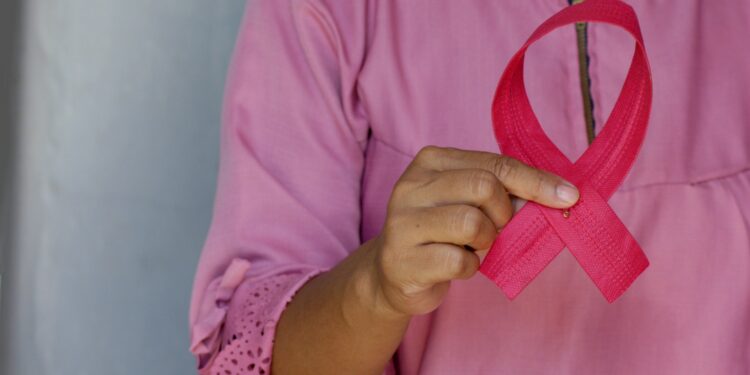Hope is on the horizon.
A promising new experimental vaccine may provide hope for women diagnosed with triple-negative breast cancer, an aggressive and difficult-to-treat form of the disease, according to recent research. This vaccine has shown to be both safe and effective in fighting this type of cancer, which does not respond to hormone therapies since it is not fueled by the common hormones that typically influence breast cancer growth.
The study’s results are encouraging, with 16 out of 18 patients remaining cancer-free for three years after receiving the vaccine. The vaccine works by teaching the patients’ immune systems to target and destroy any remaining cancer cells. These outcomes were significantly better than the historical data, which shows that only about 50% of patients who undergo surgery alone remain cancer-free after three years.
Dr. William Gillanders, the senior researcher and a professor of surgery at Washington University School of Medicine, expressed his surprise at the positive results, saying that they exceeded expectations. The clinical trial involved 18 women with triple-negative breast cancer who had not seen their cancer spread. This type of breast cancer, which affects about 10-15% of women in the U.S., has no specific targeted therapies, and is typically treated with surgery, chemotherapy, and radiation.
After chemotherapy and surgery to remove the tumors, researchers analyzed the patients’ tumor tissues to identify unique genetic mutations in their cancer cells. They then created a personalized vaccine tailored to each patient’s specific mutations. The patients received three doses of this vaccine, which helped their immune systems recognize and attack the cancer cells bearing these mutations. Of the 18 patients, 14 developed a strong immune response to the vaccine.
While the initial results are promising, the researchers caution that further, larger clinical trials are necessary to confirm the vaccine’s effectiveness. Dr. Gillanders emphasized the importance of ongoing studies, including randomized controlled trials that compare the standard treatment with and without the vaccine, to further assess its potential for improving outcomes in patients with aggressive cancers.

































Discussion about this post